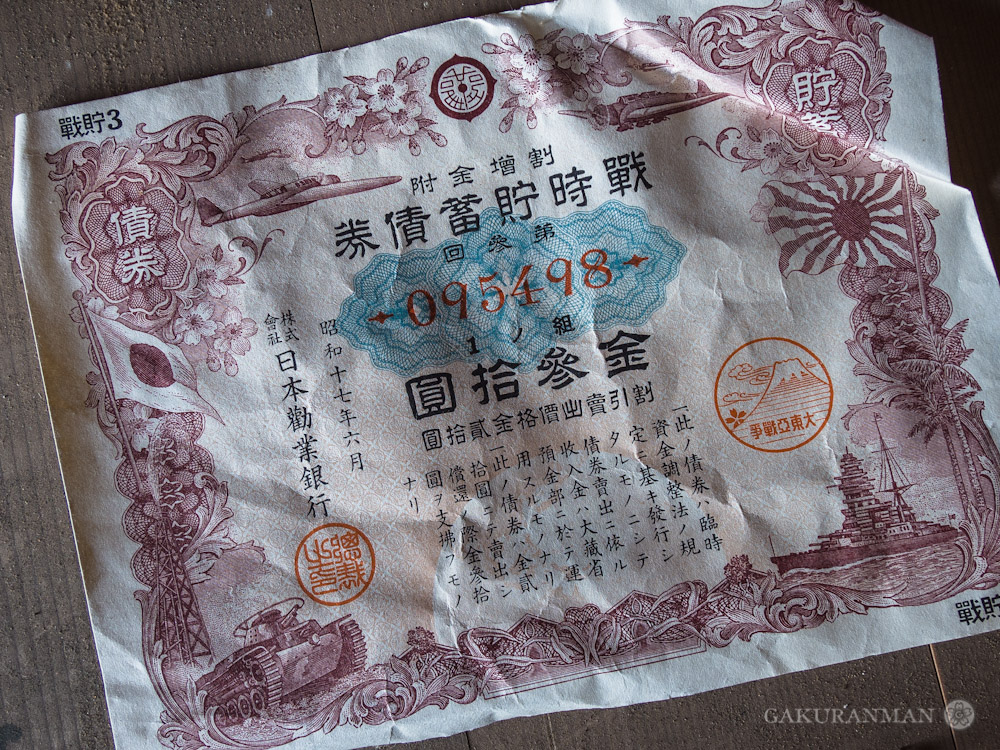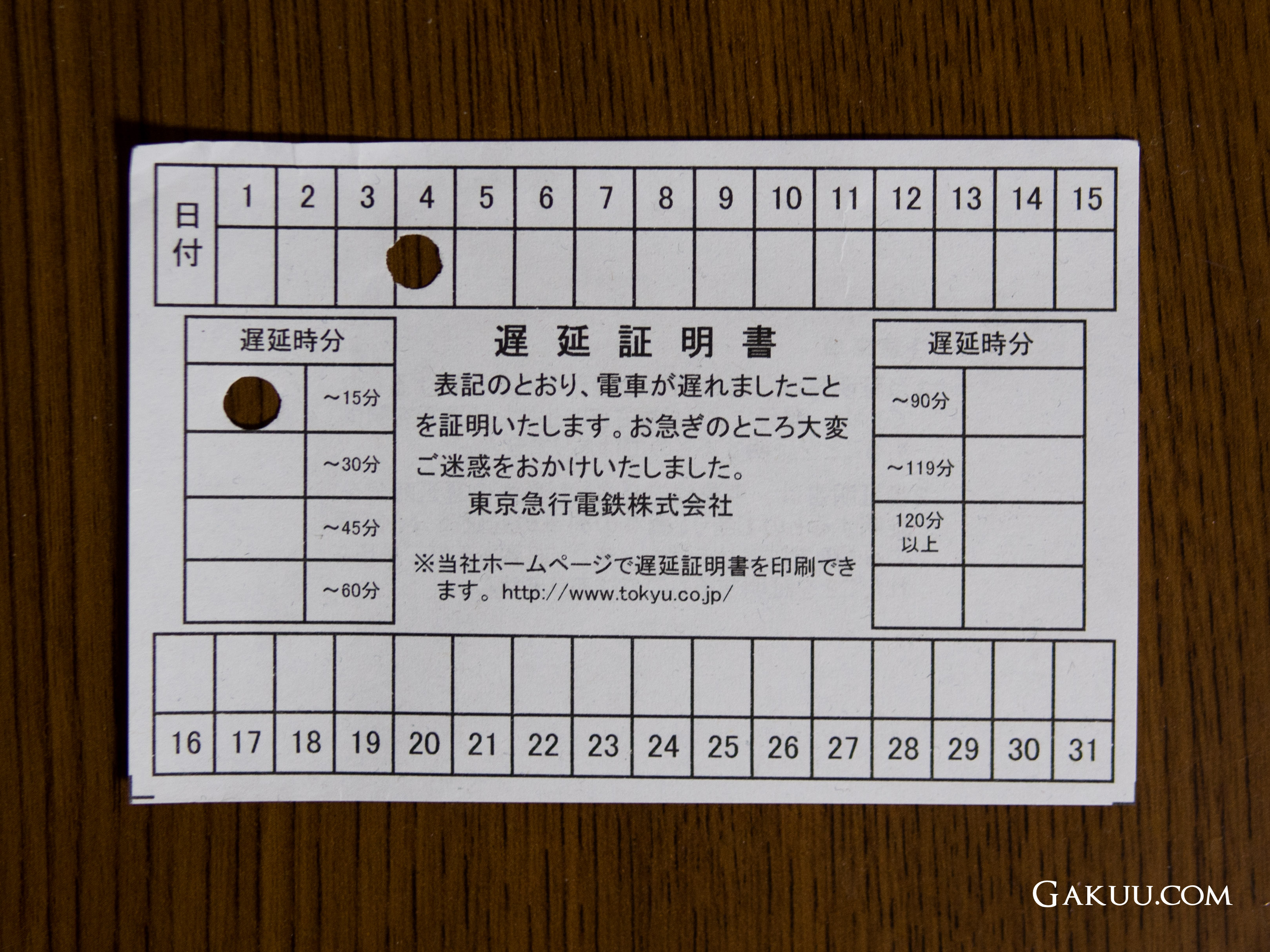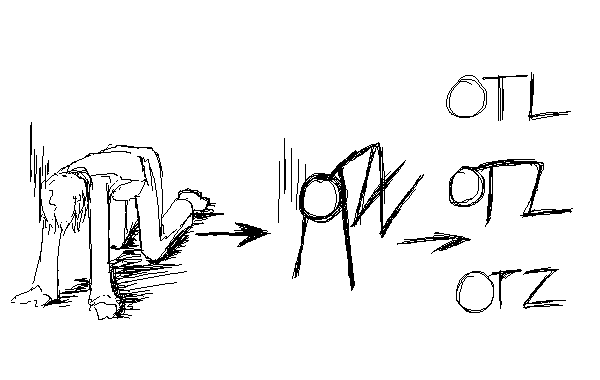Author: Michael
-

Hidden Beauty of Japan’s Abandoned Buildings
Last year around springtime I wrote an article about Haikyo and my love of urban exploration for the Hiragana Times, in both English and Japanese. Up until now it was only available to see in the magazine version, but it was recently released online too. Here it is in full, English followed by Japanese. Advanced…
-

Welcome Party Thank You Email
Work-related emails come in many fixed patterns. Quite often they will use special vocabulary and grammar depending on the degree of politeness and relationship to the recipient. This can be one of the trickiest aspects of learning Japanese, because it’s not simply enough to be able to express yourself – you must be able to…
-

Show What You’ve Got – 腕の見せ所
There’s something to do with arms here in Japan that relates to your performance. Beginning students of Japanese will undoubtedly think of 上手 – literally ‘upper hand’, meaning ‘skilled-in’ or ‘clever’. In this lesson however, we’ll be focusing on the expression 腕の見せ所 (うでのみせどころ). Whenever I hear this expression, I always think of the vintage US…
-

Love Key!? 合鍵
Recently while watching a Japanese drama I came across the word 合鍵 (あいかぎ). Given the context in which it was used, I was quite surprised to find out later that my mental image of the Kanji had been quite different to the reality. The word as follows: 合鍵 あいかぎ Spare Key Equally, a ‘copy of…
-

Fairytale Size – 昔話盛り
You’ll often come across varying portion sizes in Japan, especially when you eat out. 小盛り (こもり), 並盛り (なみもり) and 大盛り (おおもり) are regular expressions used to refer to ‘small’, ‘regular’ and ‘large’ helpings of rice and other goodies that can be heaped up. Further to that, as we looked as in The 6 Types of…
-

Winner Takes All – 勝てば官軍、負ければ賊軍
Are you familiar with the Abba song ‘Winner Takes It All’? One of the particular lyrics in this classic is very close in nuance to the Japanese proverb below. It’s often used in business contexts to describe the situation where the successful are seen as right, and in contrast the unsuccessful are seen as wrong.…
-

Old Japanese / Formal Numbers – 大字
Have you ever noticed the Kanji character used on the 10,000 yen Japanese banknote? If you’ve got your basic Japanese numerals down, you know that the character for 10,000 is 万 (まん) – a standard unit in the Japanese counting system. But what about the strange character in front of it? Why does the banknote…
-

Proving Your Tardiness
As punctual and reliable as Japanese public transportation is, there are unfortunately occasions where not everything goes according to plan. Tardiness just isn’t acceptable for the working adult, perhaps moreso in Japan than most other countries. So it is then that when even despite your best efforts acts of god seem to smite you, there…

